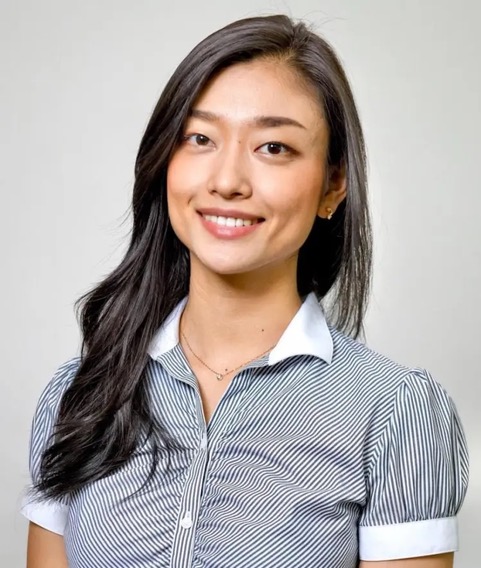Global HistorySecurity and Human Rights
Kaori KOHYAMA

Freie Universität Berlin PhD Candidate
Main achievements
著書「奄美『緑』の脱植民地戦争」南方新社、2025年発刊予定
共著「Z世代とミレニアル世代が創る日韓交流」(山本浄邦、金敬黙編『日韓スタディーズ①新たな研究と学び:日本と韓国をつなぐ』)ナカニシヤ出版、145-150頁、2024年
共著「Listen Louder: How journalists can counter polarization」Constructive Institute、2022年
Field of research
Modern and Contemporary History of East Asia; Historical Sociology; International Relations; Media and Journalism Studies
The kind of researcher I want to become
In a society where individuals are constantly interwoven through relationships, the questions that arise inevitably grow more complex and often escalate into political issues. It should never be left solely to those directly entangled in the midst of these struggles to raise their voices and seek resolution. If certain perspectives are, for whatever reason, unable to reach the other side of the divide, then perhaps there exists a vantage point—precisely because of that distance—that allows for a different kind of insight. I aspire to be a researcher and practitioner who persistently explores and offers various ways to engage, maintaining a thoughtful and compassionate temperature in approaching such challenges.
My research theme
Collective Memory of Militarization in Amami Ōshima during the Second World War
<Tentative Title>
This paper analyzes how the economic exploitation and political marginalization of the Amami Islands—separated from the Ryukyu Kingdom and transformed into a plantation-based economy following the Satsuma invasion—were inherited by the central Japanese government after the Meiji Restoration and later solidified under the U.S. military occupation and postwar reconstruction policies. By tracing this historical trajectory, the study seeks to offer a new perspective on Japanese-style imperialism, which has often disproportionately focused on the Meiji period and beyond. The case of Amami provides an important lens through which to examine the layered legacies of militarization, colonial governance, and the construction of collective memory in a geopolitically peripheral region.
Self Introdution
<Motivation for Participating in the Project>
Ten years ago, during my high school exchange in the United States, a friend from Jeju Island spoke words to me that have stayed with me ever since. Beneath those words lay generational memories of pain—memories that have continued to illuminate my academic path. As a political science major in my undergraduate years, I had the privilege of joining the CAMPUS Asia program, where I engaged deeply with peace and conflict studies in East Asia, both inside and outside the classroom. Through experiences in Beijing and Seoul, and later in Europe, I have sought to understand the contemporary dimensions of reconciliation in practice.
Now, as I conduct research in Berlin—a city that continues to grapple with Vergangenheitsbewältigung, the social, institutional, and cultural process of coming to terms with the past—I am revisiting the legacies of Japanese imperialism from a critical perspective. Being able to connect this work with the framework of East Asian reconciliation studies represents a rare and valuable opportunity for me, both intellectually and personally.
<Previous Research and Future Development in Reconciliation Studies>
Holding master’s degrees in both East Asian regional studies (with a focus on postcolonialism) and media/journalism, I am committed to pursuing future research that bridges academic and practice-based approaches. In my past work on reconciliation, I have rarely been positioned as a direct stakeholder. This distance has led me to reflect critically on my own positionality: as a Yamato person, as a Japanese national, and as someone attempting to approach the roots of others’ suffering.
What kinds of reconciliatory gestures are possible from this position? How can one embody responsibility while maintaining intellectual rigor and emotional humility? These are questions I intend to explore not only as a scholar, but as an individual committed to honest and critical self-inquiry. Reconciliation studies, to me, is not only a field of research—it is also a lifelong process of learning how to live with others, with history, and with oneself.
Research Image


